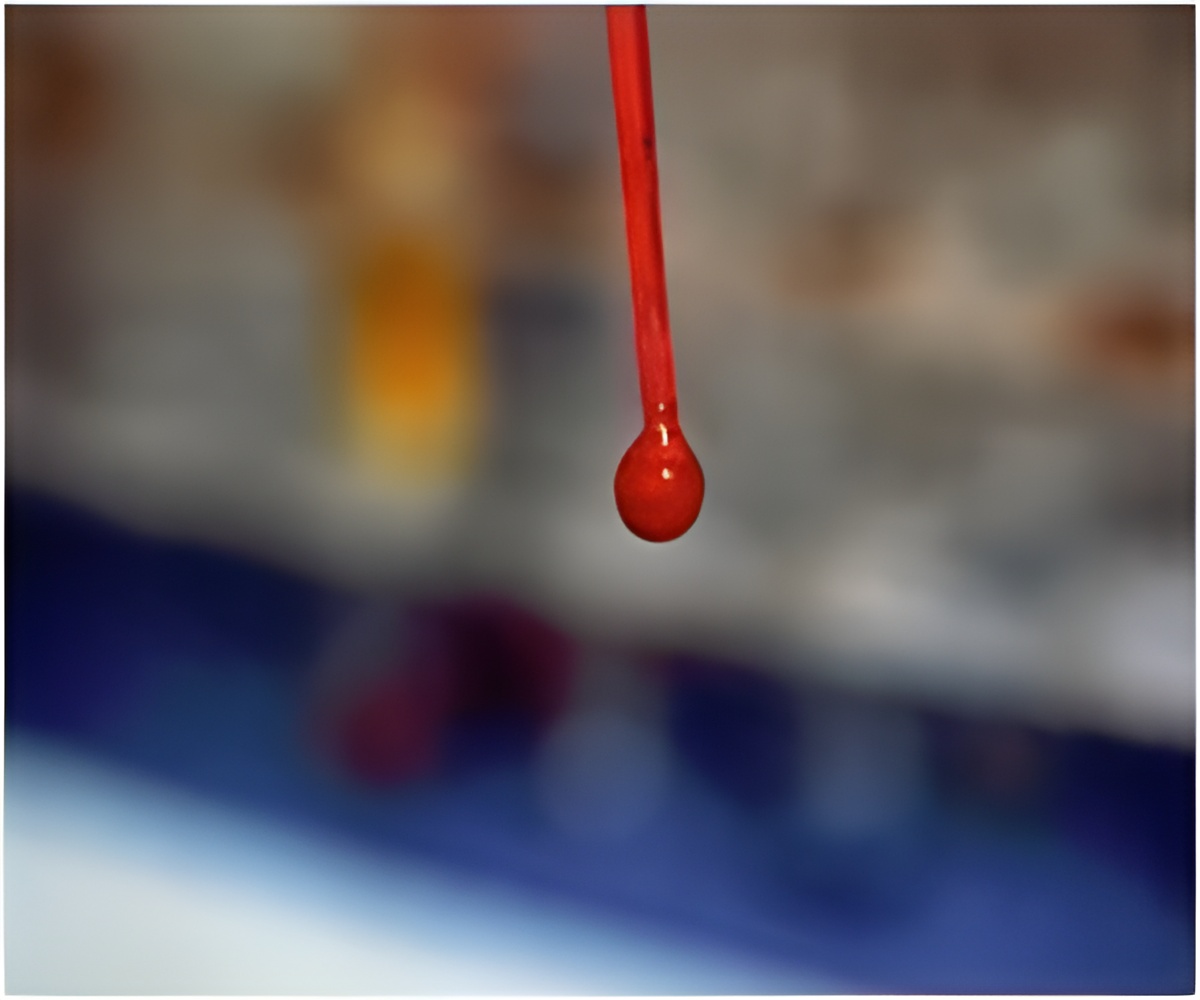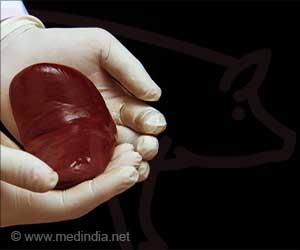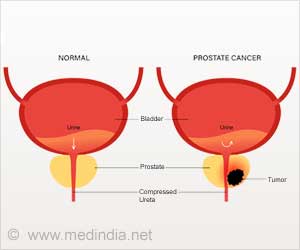Four hemophilia B patients in a gene therapy trial using a vector that is being developed to correct the inherited bleeding disorder have shown no toxicity,report investigators.

This trial was designed primarily as a safety test, with low and intermediate doses of the vector expected to produce little detectable Factor IX. The Factor IX protein helps the blood form clots. Individual with hemophilia B lack adequate levels of this clotting factor. The first participant in the open-label Phase I/II trial had an unexpectedly high level of Factor IX expression after receiving the lowest dose of the vector being tested in this study. Levels of the Factor IX protein rose from less than 1 percent to 2 percent of normal after the experimental vector was infused into the patient.
The patient's Factor IX production remains elevated more than nine months later. Since the infusion the patient has also not suffered any spontaneous joint bleeds or needed prophylactic treatment.
Study data was presented at the 52nd Annual Meeting of the American Society of Hematology (ASH) by Amit Nathwani, M.D., Ph.D., UCL Department of Hematology, and National Health Service Blood and Transplant, UK, the study's first author. Andrew Davidoff, M.D., chair of the St. Jude Department of Surgery, is the senior author.
Work on the vector began more than 10 years ago in the St. Jude laboratory of Arthur Nienhuis, M.D., member of the Department of Hematology and a study co-author. The collaboration continued after Nathwani returned to London.
The trial vector was made by packaging a codon-optimized version of the Factor IX gene into a member of the adeno-associated virus (AAV) family known as AAV8. AAV8 was picked because the incidence of natural infection with AAV8 is low and, like other AAVs, targets liver cells but does not integrate into the patient's DNA. Participants received no immune suppressing drugs prior to infusion of the experimental vector.
Advertisement
The third and highest dose of the novel gene-vector combination is scheduled to be infused into the fifth and sixth study participants by mid-January. Investigators will then decide whether to expand the trial to include four more adults with severe hemophilia B. Study participants were all recruited at UCL/Royal Free Hospital through the efforts of co-author Edward G.D. Tuddenham, M.D.
Advertisement
Factor IX is needed for normal clot formation. A mutation in the gene that carries instructions for assembling the protein leaves about 1 in 30,000 individuals at risk for disabling episodes of internal and external bleeding. The gene is carried on the X chromosome, and the disorder is almost exclusively a male disease.
The trial vector was made at the Children's Good Manufacturing Practices (GMP), LLC, facility, on the St. Jude campus. The GMP operates under government-approved manufacturing guidelines and produces the highly specialized medicines and vaccines that pharmaceutical companies are reluctant to pursue.
Source-Eurekalert














